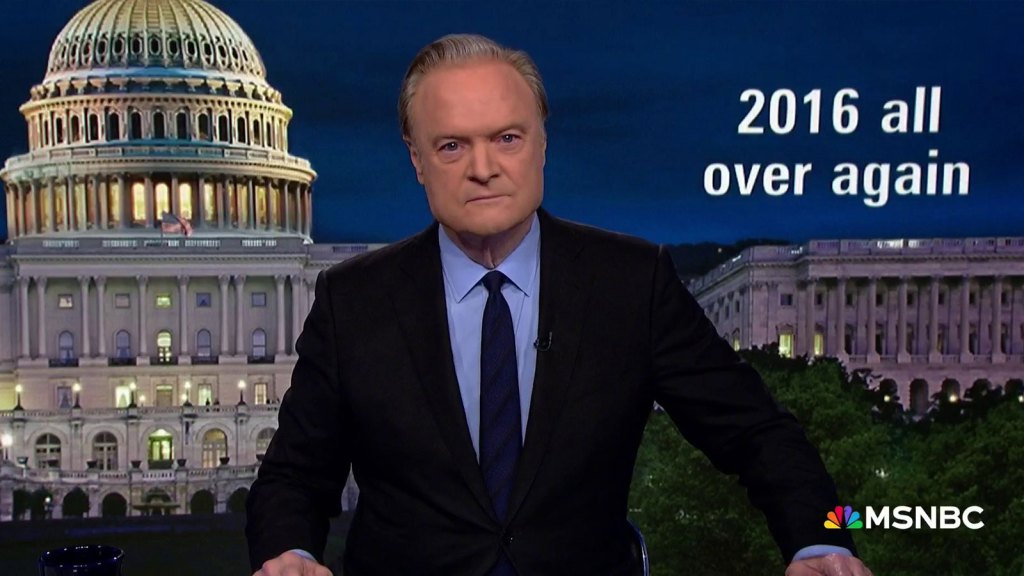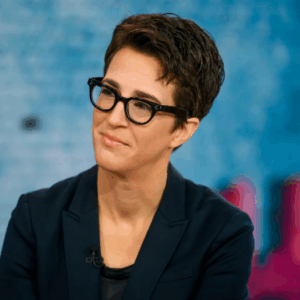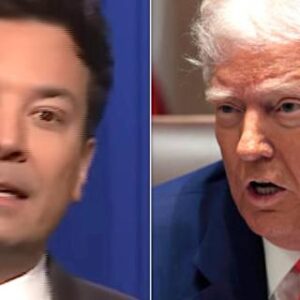Daily Show Host Mocks MSNBC’s O’Donnell for Pretending to be Ashamed of Attending Harvard
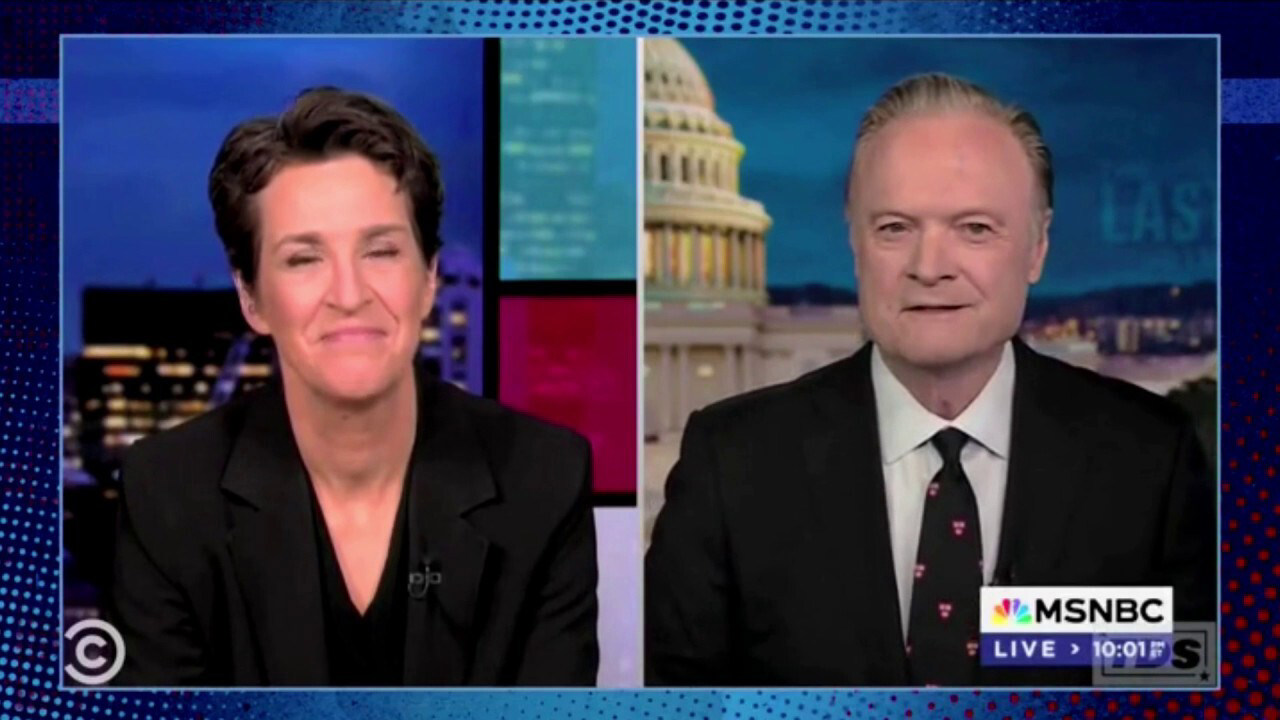
In a recent episode of “The Daily Show,” co-host Ronny Chieng took aim at MSNBC’s Lawrence O’Donnell, poking fun at what he perceived as O’Donnell’s attempt to humble-brag about his prestigious education at Harvard University. The jab came during a segment when O’Donnell, on his show “The Last Word,” took the time to showcase a distinctive Harvard necktie while discussing the ongoing tensions between the university and former President Donald Trump.
The Absurdity of Humble-Bragging
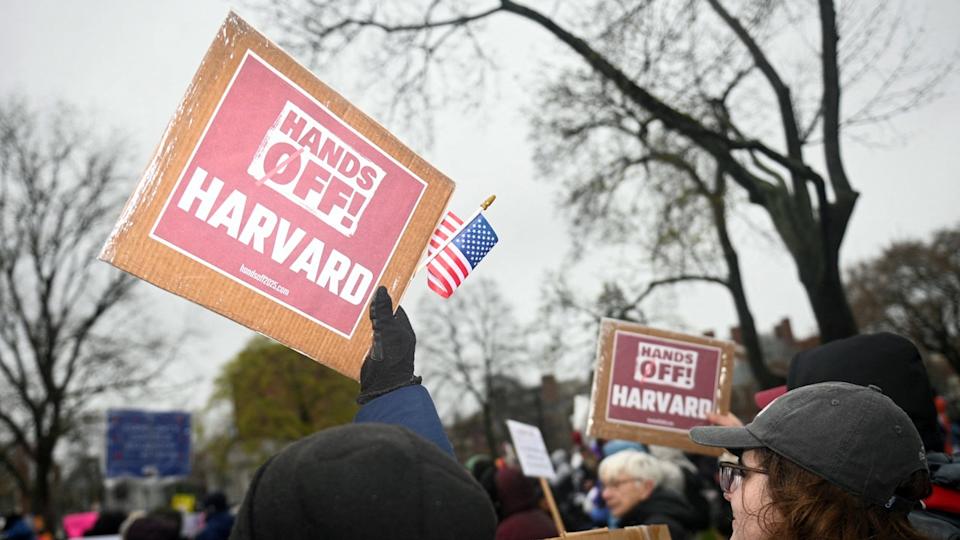
Chieng didn’t hold back, mocking the absurdity of O’Donnell’s behavior. He suggested that pretending to feel embarrassed about attending an Ivy League school like Harvard is as obnoxious as overtly boasting about it. This behavior, according to Chieng, appears pretentious and disingenuous, especially in a media landscape where people often flaunt their accomplishments without holding back. The segment highlighted the challenges public figures face when trying to balance genuine humility with the pressures of success.
Recurrent Mentions of Harvard
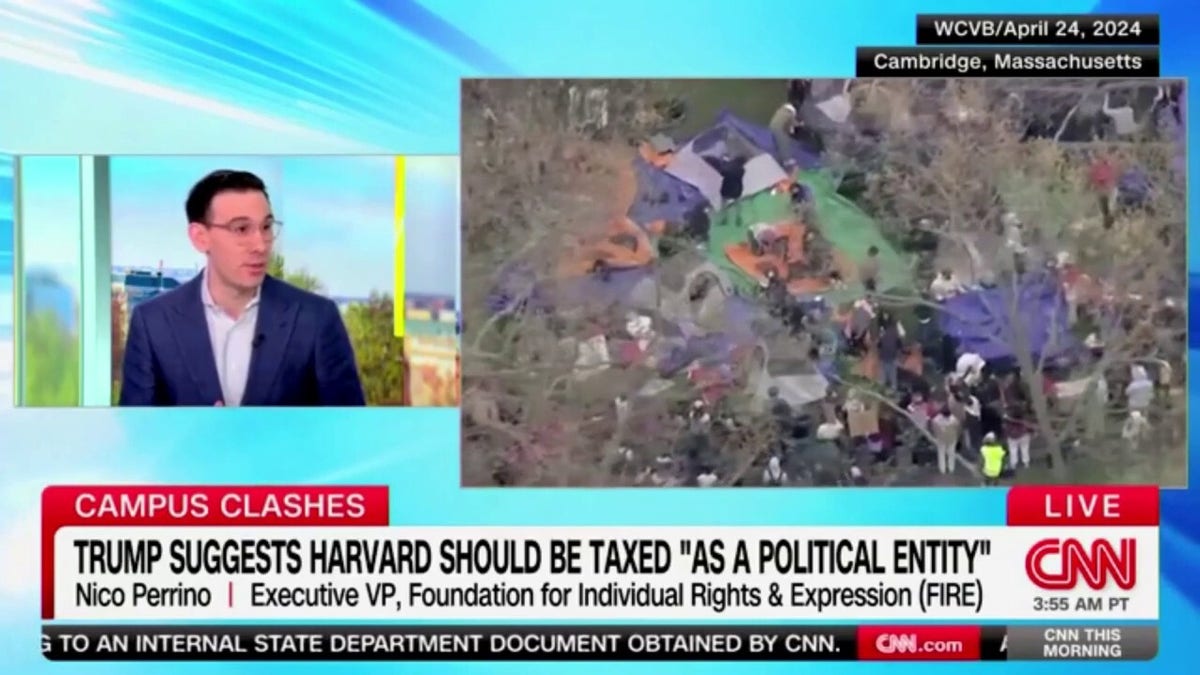
During his critique, Chieng presented clips where O’Donnell discussed his Harvard background, showing how frequently he brings up the subject on MSNBC. This pattern led Chieng to lampoon O’Donnell’s habit of referencing his elite education, offering a comedic interpretation of what could be seen as a desperate need for validation. The studio audience was visibly entertained by Chieng’s sarcastic mimicry of O’Donnell, which only underscored the humor in such displays of self-importance.
The Broader Context of Harvard’s Role in American Discourse
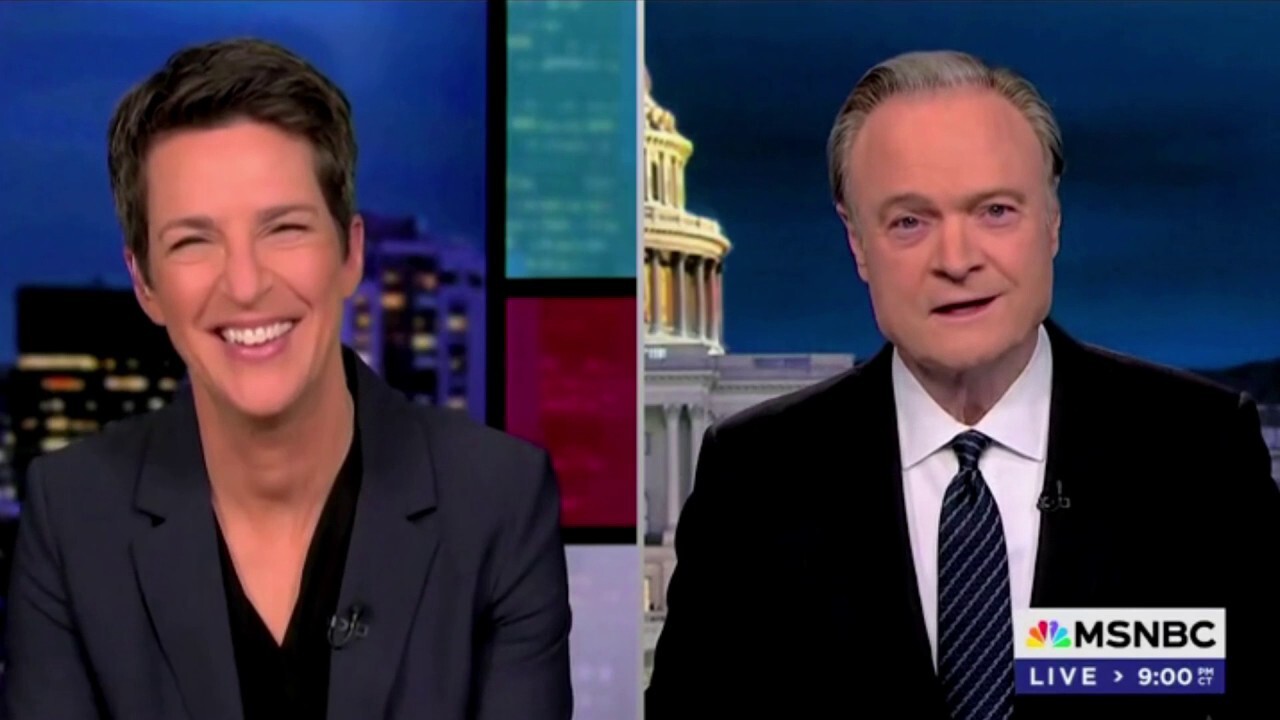
The segment also provided a deeper analysis of the current tensions surrounding elite universities like Harvard, particularly in relation to their controversies with the Trump administration. O’Donnell’s discussions often revolve around federal funding issues triggered by the ongoing conflict, serving as a backdrop for the broader societal debates regarding the role of elite institutions in political affairs. Chieng’s commentary illuminated the divide between academia and government, exploring how public figures like O’Donnell navigate their identities amidst such conflicts.
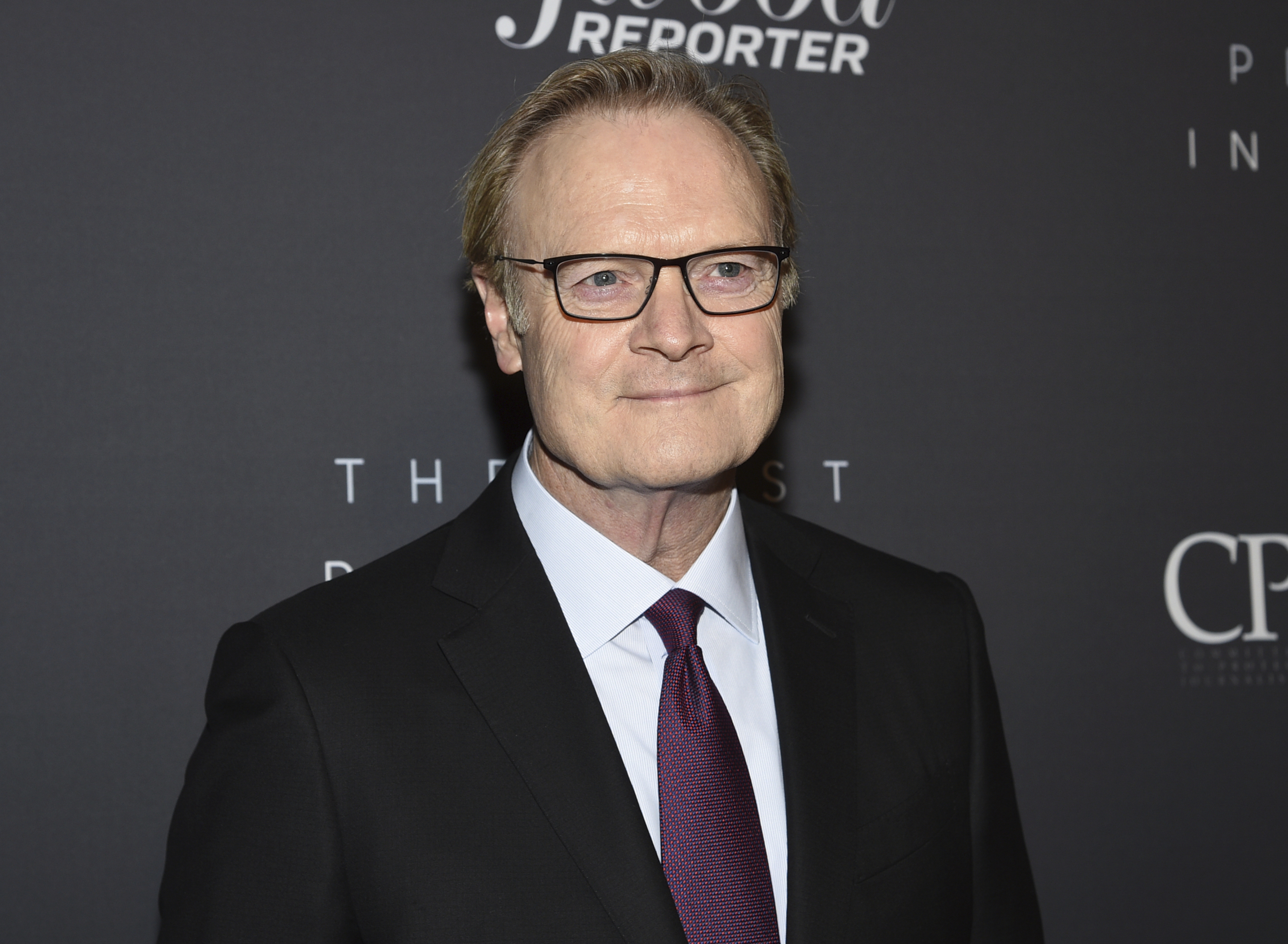
Ultimately, Ronny Chieng’s critique of Lawrence O’Donnell serves as a humorous yet telling reflection on media culture, education, and professional identity. It raises essential questions about how achievements are communicated in public discourse, all while reminding audiences to approach claims of humility with a hint of skepticism. So next time you hear someone mention their impressive academic credentials, consider what they might actually be trying to convey.
